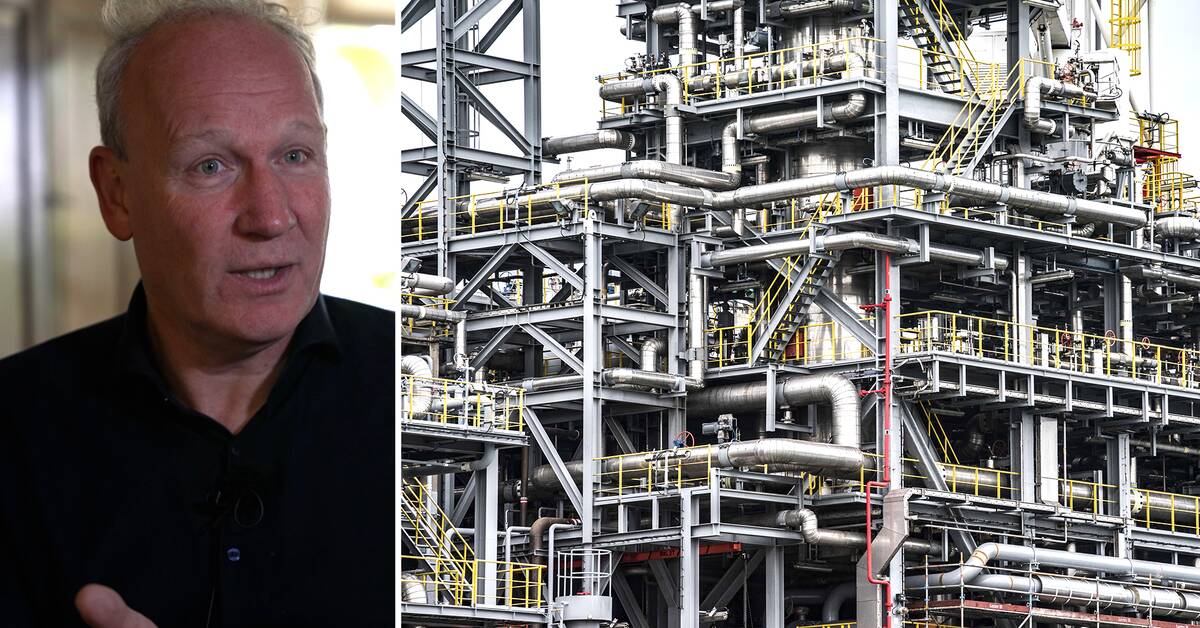- When we can no longer get Russian gas via Nord Stream, we will become increasingly dependent on importing liquefied natural gas, LNG, which will be more expensive as long as there is a deficit on the market, says Rene Peters, who is the head of gas technology at Dutch research institute TNO.
Europe competes primarily with Asian countries for the LNG that is available for purchase.
Often it has already been sold on long contracts, so it is necessary to charm the selling countries to squeeze in as buyers on the market.
Recently, the Chancellor of Germany was seen on such a courting tour to a number of Gulf states.
- Not only Olaf Scholz, I think that every single prime minister of a European country that depends on gas is visiting these countries now to fix new import contracts for Europe, says Rene Peters.
Optimistic in the long term
In order to row home deliveries, it is important not to skimp.
So the gas price ceiling, which is being discussed in the EU, should in such cases be designed so that the price you buy in can always be slightly above what other speculators are prepared to pay.
We should expect that the 50 billion cubic meters of LNG that Europe aims to buy in could be expensive.
- Gas will continue to be a scarce commodity and therefore highly priced.
As a result, electricity prices will also be high for quite some time to come, warns Peters.
But is there nothing hopeful in this situation?
Is everything just pitch black?
Well, Rene Peters is more optimistic if you look further into the future.
The Netherlands has recently decided to greatly increase investment in offshore wind power.
With it, you can make hydrogen gas, which could eventually replace the fossil gas in existing infrastructure (with some adaptations).
- Now everyone in the industry realizes that we have to move away from fossil dependence.
Admittedly, there will be a step back next year by burning more gas, oil and coal.
But also several steps forward in the transition to renewable energy.

